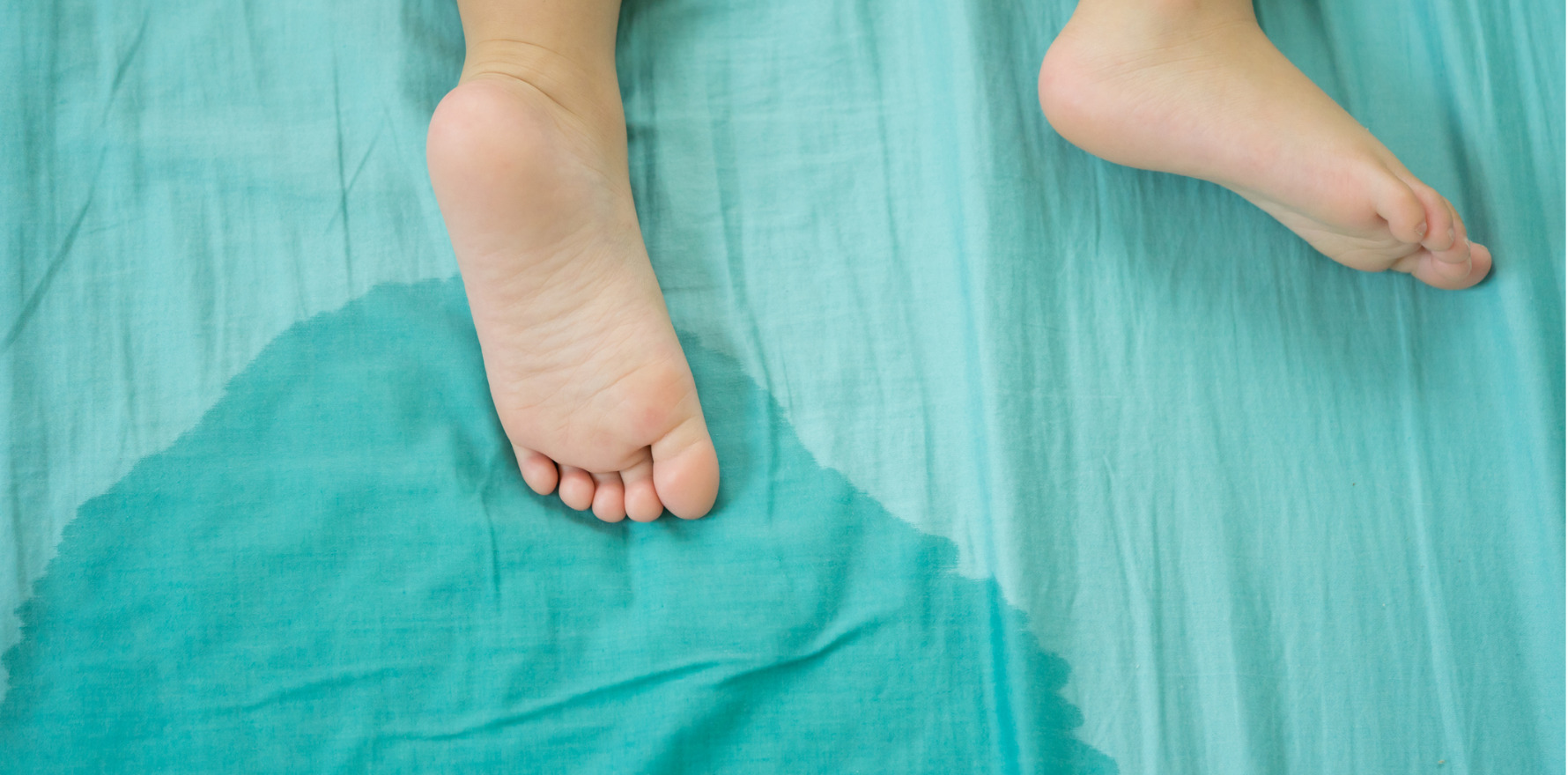Fewer wet nights were a welcome relief for children with treatment-resistant nocturnal enuresis.
Fluoxetine may be a safe and effective alternative treatment for primary nocturnal enuresis in treatment-resistant children, a small clinical trial suggests.
In a randomised study of 110 children aged eight to 18 years, researchers found fluoxetine-treated patients experienced significantly fewer wet nights compared to children taking a placebo. The was Fluoxetine 10mg was administered daily for 12 weeks to 56 participants, while 54 received a placebo.
Participants were unresponsive to alarm therapy, desmopressin and anticholinergics.
At four weeks, 7% of patients taking the 10mg of fluoxetine achieved complete response – total night-time dryness. Partial response (defined as a 50% to 99% reduction in wet nights) was achieved by 66% of those treated with fluoxetine. None of the placebo group reached complete response and only 17% achieved partial response.
By 12 weeks the rate of response declined, according to the study findings published in the Journal of Urology.
At the three-month mark, 11% of the fluoxetine group had a complete response and only 21% reported partial response. Again, none of the placebo group achieved complete response and only 15% achieved partial response.
At four and eight weeks of fluoxetine treatment, 11% reported improved arousal (waking up to void) and 14% at 12 weeks. Only 2% of placebo group patients reported improved arousal throughout the treatment period.
The response to fluoxetine treatment was not significantly associated with age, gender, BMI or the number of wet nights at baseline of the patients, the study found.
Researchers said current treatments for nocturnal enuresis are limited and have a long list of side effects. Treatments such as desmopressin also have a high relapse rate when discontinued.
By contrast, fluoxetine appeared to be very well tolerated in this study. Only two patients experienced headache and dizziness, and there were only single case reports of rash, hair loss, fatigue, low mood and anxiety all of which were minor and resolved with cessation of treatment. Primary nocturnal enuresis is prevalent in children, reported to affect 15% of those aged five to 15 years. The study authors emphasised that psychological, emotional, and social effects of bed wetting cannot be overstated, yet treatment options remain limited.
Yet the study authors warned that while initial response to fluoxetine treatment was positive, the decline in efficacy and the unknown physiological mechanisms of how this treatment works for nocturnal enuresis means that further study and understanding is needed before a change in clinical practice can be advocated


